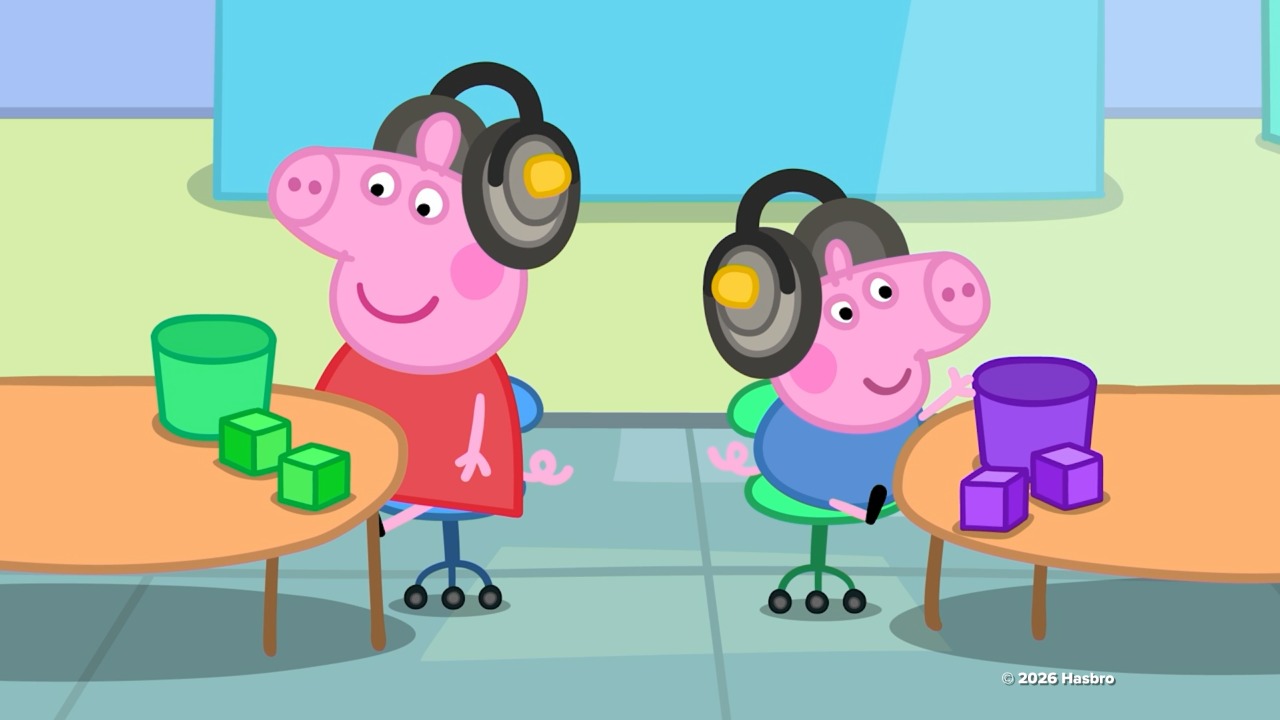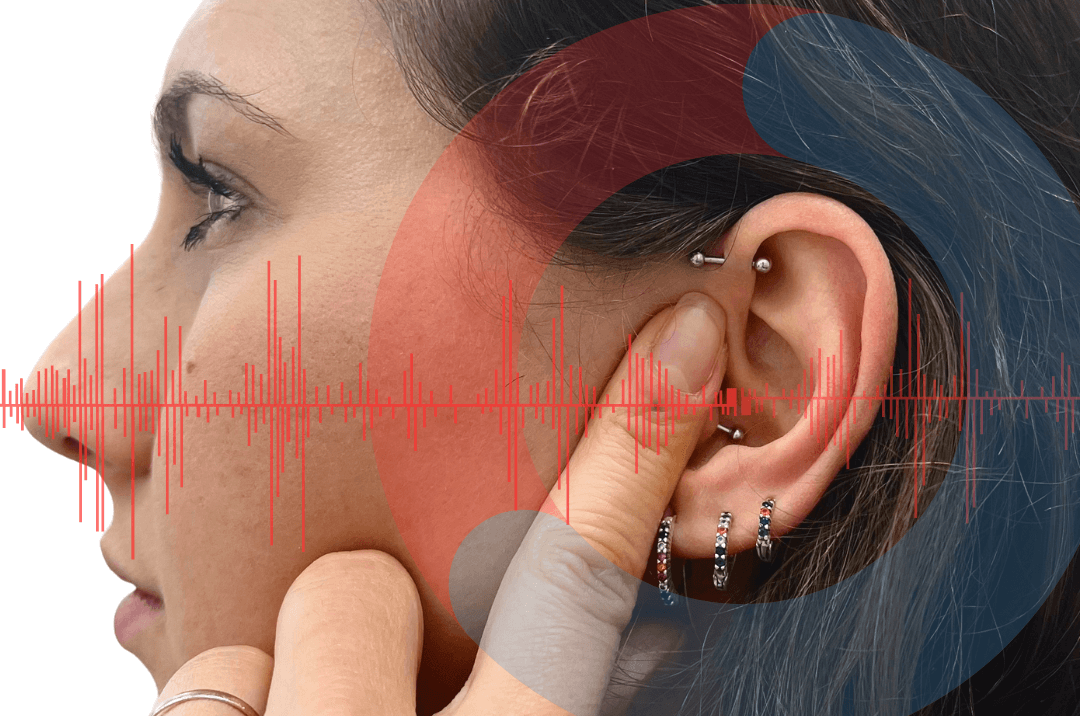
What Is Diplacusis?
Diplacusis is a rare hearing disorder in which a single sound is perceived differently by each ear. Instead of hearing
The rate of tinnitus is increasing in the UK and it’s anticipated that 1 in 7 adults now suffer. To put that into context, that’s approximately 7.6 million people.

An example of earplugs
Around 35% of the people who suffer with tinnitus got it from being around loud noise and not protecting their ears. It is simple and inexpensive to pop in a pair of earplugs when you know that the noise level is rising. There is, of course, a more expensive option of custom ear plugs and we would recommend this to anyone who is working in a noisy environment day in, day out.
Approximately ¾ of people who use power tools or attend live music performances do not use ear protection. A power drill can reach 100dB so using one for more than 15 minutes without protection could cause permanent damage to your hearing. Live music can reach levels even higher than a power drill, at up to 115dB!
There are also some very noisy vehicles that reach high, high noise levels: ambulances, motorbikes and even the tube. An ambulance siren can reach 115dB, a motorbike 106dB and the tube 91dB. People who are frequently exposed to these noise levels should be thinking about using ear protection. Exposure to loud noise can cause permanent damage to your hearing and could even cause tinnitus.
Tinnitus can be different things for different people, however, in general terms it is described as a ringing, buzzing or whooshing sound you hear when there are actually no external sounds. It can affect just one or both of your ears. Unfortunately, it can be uncomfortable and ultimately can affect your day to day life. Tinnitus is most common in adults and the elderly. It is so important to monitor your hearing and act on any such ringing before it gets worse.
The most common sound tinnitus sufferers report hearing is a ringing sound. The sound you hear can take so many different forms, but the thing that will remain the same is only you can hear the sound. The pitch and frequency of any tinnitus sounds varies wildly from person to person. Therefore, it is important to give an accurate description to any hearing healthcare professional you seek advice from.
Due to the uncomfortableness and irritability of tinnitus, the effects can be debilitating and include fatigue, stress, difficulty concentrating and carrying out tasks, sleep problems, headaches and depression. You can talk to an audiologist about masking the symptoms with specific hearing aids. If your tinnitus is being caused by an underlying condition, then it is the condition that will need to be treated first and foremost.
If you would like some further information, please do get in touch. We offer tinnitus therapy sessions in the comfort of your own home.
[html_block id=”3745″]

Diplacusis is a rare hearing disorder in which a single sound is perceived differently by each ear. Instead of hearing

Whether you have children in your life or not, we’re willing to bet you’ve heard of Peppa Pig and her

Tinnitus is the perception of sound when there is no external source. It is commonly described as a ringing in